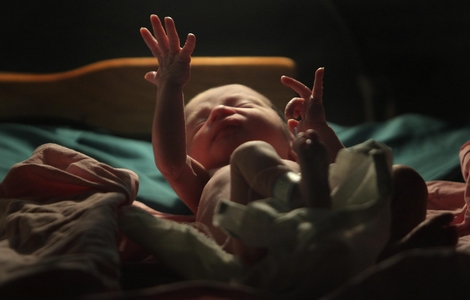Hu's visit to Austria to boost bilateral ties
Updated: 2011-10-29 14:19
(Xinhua)
|
|||||||||||
VIENNA - Chinese President Hu Jintao's upcoming visit to Austria will push the development of China-Austria relations to a new and higher level, Chinese ambassador to Austria Shi Mingde said.
Marking the 40th anniversary of diplomatic ties between China and Austria, President Hu's visit will have a profound impact on boosting China-Austria and China-Europe relations, as Austria is an important country within the European Union and has a special position in Central and Eastern Europe, Shi told Xinhua in a recent interview.
Hu will start his visit to Austria on Sunday. It will the first state visit made by a Chinese presiden t to the Central European country in 12 years, Shi noted.
According to the ambassador, during President Hu's visit, a series of cooperative agreements will be signed between the two sides in areas such as economy, education, environmental protection, new energy, hydropower and culture.
"Looking into the future, we are confident about the prospect of China-Austria relations. The leaders of the two countries will continue frequent contacts, while exchanges between the two governments, parliaments and provinces will continue to expand, building a strong political and extensive basis of public support for the furthering of bilateral relations," Shi said.
On the economic front, the two countries will explore new areas for cooperation. As Austria possesses world-leading technologies in environmental protection, new energies, new materials, sewage and garbage treatment, all of which may be used in the key fields of development in China's 12th Five-Year Plan, the two countries share many possibilities to cooperate, and can achieve win-win results through mutually beneficial cooperation, Shi said.
Regarding culture, the two countries plan to deepen communication and cooperation. The China Arts and Entertainment Group, for example, will sign a memorandum with an Austrian art company during Hu's visit to facilitate a new cooperative model between Chinese and Austrian art enterprises aimed at making Europeans more familiar with Chinese culture.
"Since China and Austria forged diplomatic ties 40 years ago, the two countries have maintained a comprehensive, healthy and stable development in their bilateral relations," Shi said. "The upcoming visit by President Hu will surely push bilateral relations between China and Austria to a new and higher level."
In the past 40 years, the leaders of the two countries exchanged visits and met frequently, Shi said. Austrian President Heinz Fischer visited China in 2010, and Chancellor Werner Faymann paid a visit to China in May this year when he had fruitful dialogues with President Hu and Chinese Premier Wen Jiabao, Shi said.
In the field of economic cooperation, the ambassador said China is Austria's largest trade partner outside Europe, with the two-way trade volume reaching 6 billion U.S. dollars in 2010.
"One thing worthy of note here is that even against the backdrop of the international financial crisis, bilateral trade has grown some 30 percent year-on-year for the past three years," Shi said.
Also, China and Austria have maintained close cultural exchanges, the ambassador said. As Austria hosted the "Year of China" this year, more than 200 cultural events are being held in Austria and China.
The recent years have also seen frequent people-to-people exchanges, which have greatly promoted the friendship and mutual understanding between the two peoples, Shi said.
Hot Topics
Libya conflict, Gaddafi, Oil spill, Palace Museum scandal, Inflation, Japan's new PM, Trapped miners, Mooncake tax, Weekly photos, Hurricane Irene
Editor's Picks
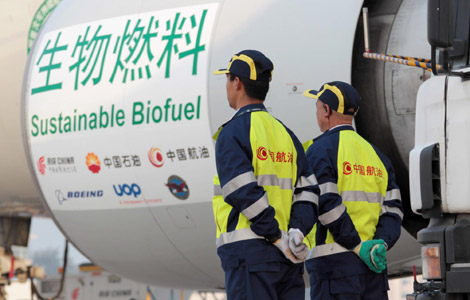
|
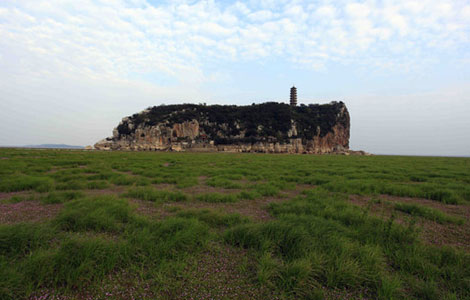
|

|
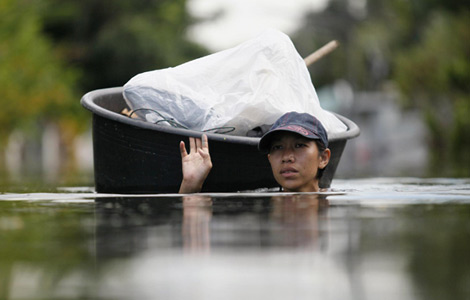
|
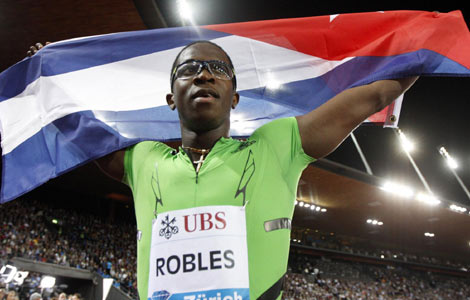
|
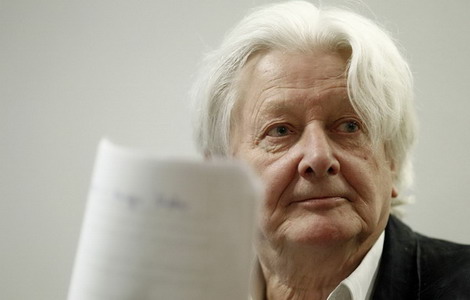
|


